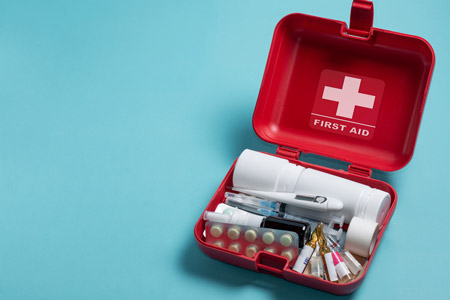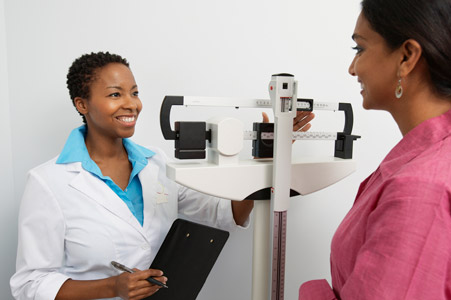


Understanding Medical Abbreviations
If you’ve ever read a doctor’s note, medical paperwork, or even your bills, you’ve probably seen letters like “BP,” “HR,” or “Rx.” These are medical abbreviations, which are shortened ways to write longer terms.
While they might look confusing at first, learning what these abbreviations mean can help you better understand your health. Let’s explore some of the most common abbreviations you may encounter.
Why Do Healthcare Providers Use Abbreviations?
Medical professionals use abbreviations to save time when writing or speaking. For example, instead of writing “blood pressure” each time, they write “BP.” Abbreviations are also helpful when medical workers need to share information quickly or have limited room on things like medication labels.
If you’re ever confused about labels on your medications, be sure to flag these to your pharmacist during your consultation times — it’s important to understand the precise instructions and context of the medications you take.
Common Medical Abbreviations and What They Mean
Here are some abbreviations you might see during a doctor’s visit or in your medical records:
- BP: Blood Pressure
- HR: Heart Rate
- Rx: Prescription medication
- OTC: Over-the-counter medication
- BMI: Body Mass Index
- NPO: Nothing by Mouth. If you see this, it means you shouldn’t eat or drink anything for a certain period of time.
- DOB: Date of Birth. This is often used to confirm your identity in medical settings.
Why Understanding Abbreviations Is Important
Knowing these terms can make you feel more confident during doctor visits or at your pharmacy. You’ll understand your test results, medicines, and health instructions more clearly.
By learning just a few common abbreviations, you’ll be better prepared to take charge of your health. Remember, when it comes to your health, understanding is power!
The information on this site is for informational purposes only and should not replace direct medical advice, diagnosis, or treatment from your doctor or another qualified healthcare provider.


.jpg)
.jpg)
.jpg)


















.jpg)





















.jpg)

















.jpg)


























.jpg)
.jpg)
.jpg)









